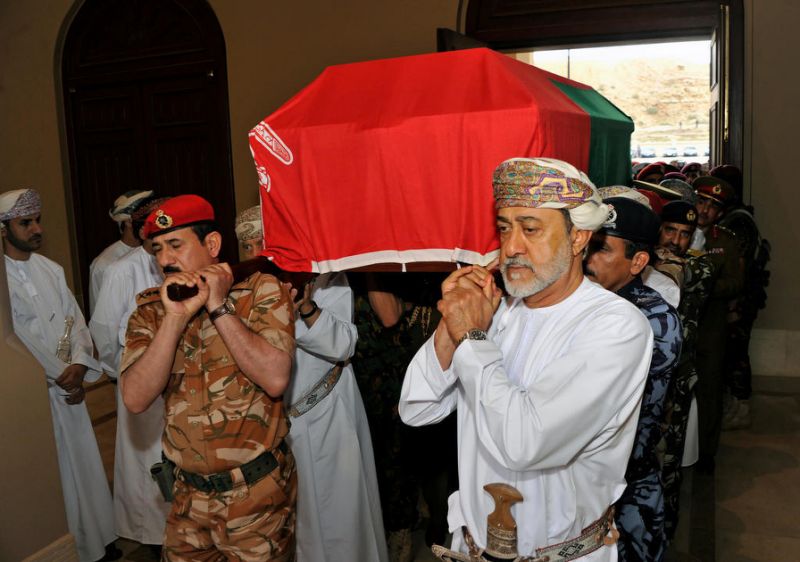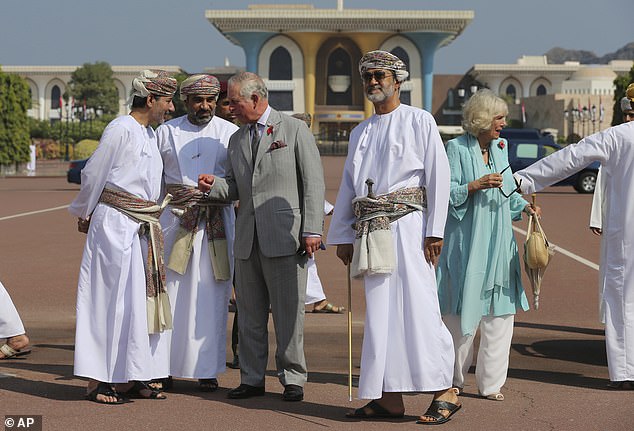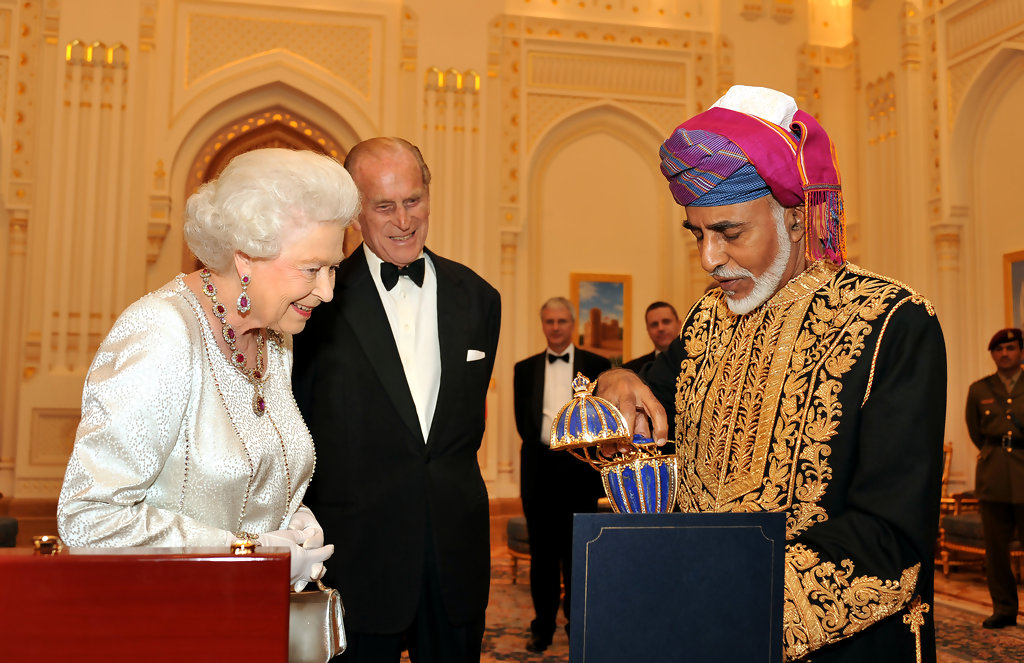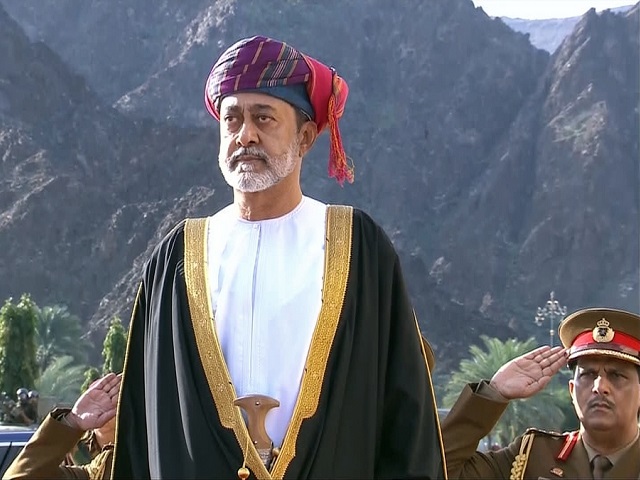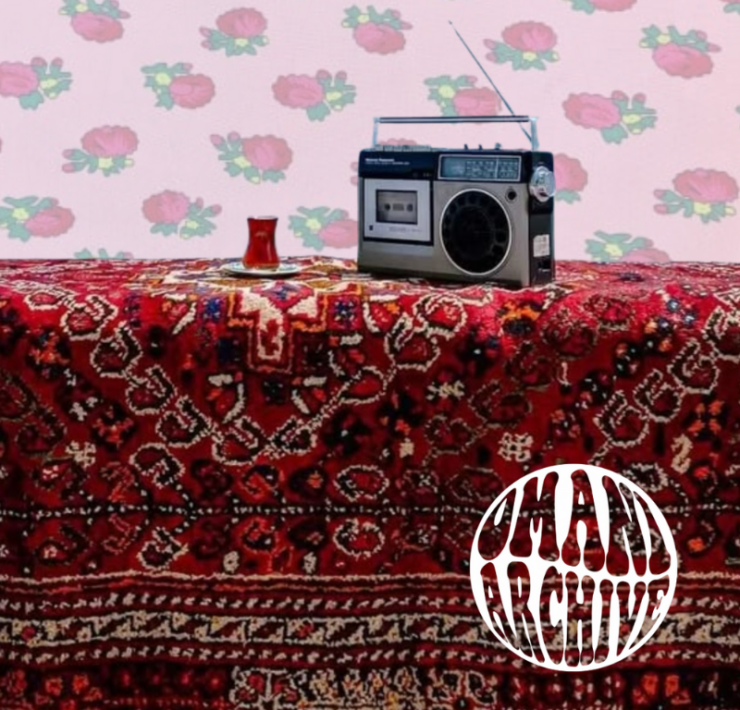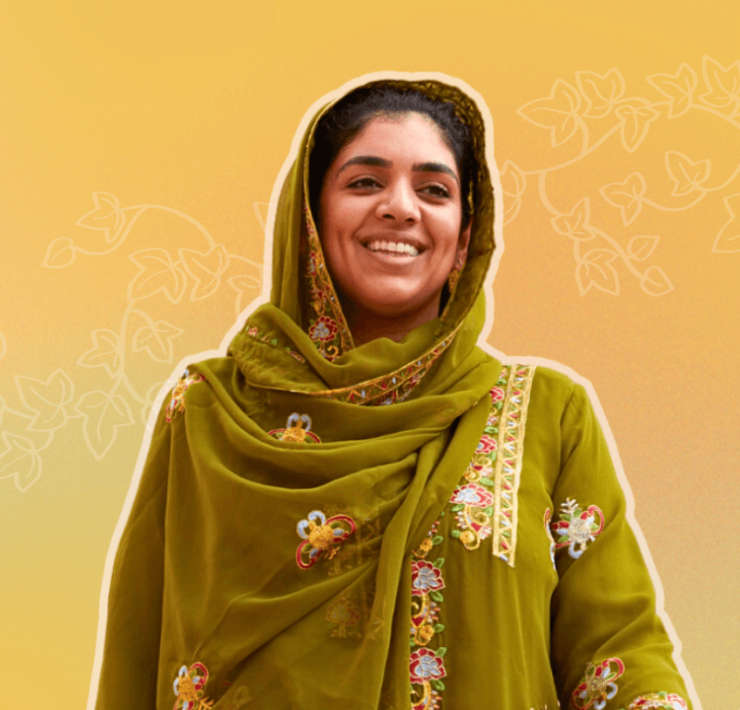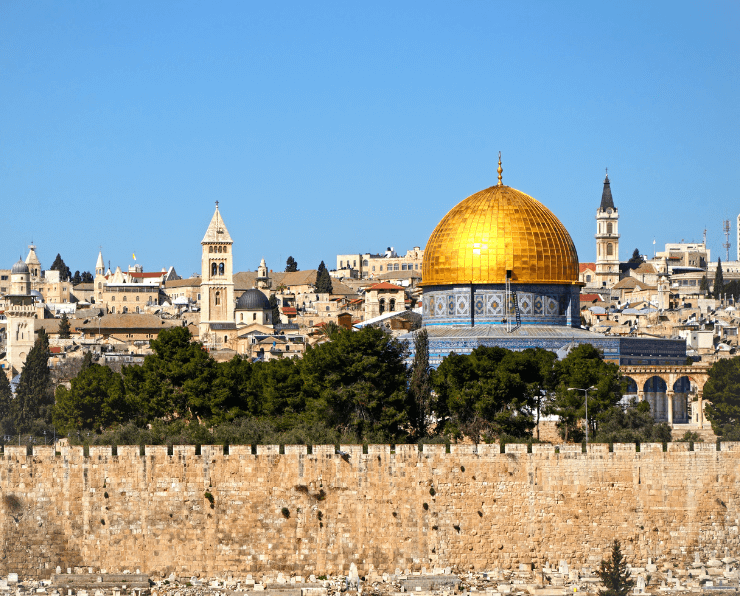We were deeply saddened yesterday to learn of the passing of His Majesty Sultan Qaboos bin Said al Said, the Head of State and visionary leader of the Sultanate of Oman. After almost 50 years as Sultan, Qaboos leaves behind a legacy of economic and social development, regional peace-making, and an Omani culture with kindness and tolerance at its heart.
After the announcement of Sultan Qaboos’s death, a three-day mourning period was declared in the Sultanate. Meanwhile, Oman’s new Sultan Haitham bin Tariq was sworn into power in Muscat on Saturday. Here are five things you need to know about the new Sultan of Oman:
-
He’s Sultan Qaboos’s cousin
Sultan Qaboos had no children, meaning there was never a clear heir to the Omani throne. At the time of succession, it was understood that a council within the ruling family would have three days to make a decision over who the successor would be. Should they fail to agree, an envelope would be opened with the successor’s name inside, as chosen by Sultan Qaboos. There were believed to be multiple envelopes bearing the same name in Muscat and Salalah – and there were even rumours of a third envelope in London.
Haitham bin Tariq, Sultan Qaboos’s 65-year-old cousin, was one of three individuals within the Omani royal family believed to be in the running to become the next Sultan. The other two were Haitham’s brothers, As’ad and Shihab – both of whom, notably, had careers in the military before assuming government positions, unlike Haitham who was better known for his connections to heritage, culture, diplomacy and his economic vision.
With the news of Haitham’s appointment on Saturday it was announced that the family had opened the envelope, deciding to appoint the successor chosen by Qaboos.
 His Majesty Sultan Haitham bin Tariq carries the coffin of his cousin, Sultan Qaboos al Said
His Majesty Sultan Haitham bin Tariq carries the coffin of his cousin, Sultan Qaboos al Said
-
He was Oman’s Minister of Culture
Haitham bin Tariq held a number of prominent positions in Oman during Sultan Qaboos’s rule. In the 1980s he was the first head of the Oman Football Association. He then spent 16 years in leading positions within the Ministry of Foreign Affairs. In 2002 he was appointed Minister of Heritage and Culture, a position he has occupied ever since. He has also chaired important governmental committees such as the Committee for the National Census in 2003, and the Vision 2040 Committee.
-
He has already been performing some official diplomatic duties on Sultan Qaboos’s behalf
Haitham bin Tariq has represented Oman in a diplomatic capacity on various occasions in recent years, for example, welcoming the Prince of Wales on a visit to the Sultanate in 2016 and most recently receiving the Duke of Cambridge when he visited Oman in December 2019.
 Haitham bin Tariq receives the Prince and Princess of Wales in Al Alam Palace, Muscat in 2016
Haitham bin Tariq receives the Prince and Princess of Wales in Al Alam Palace, Muscat in 2016
-
Like many Omanis, Haitham bin Tariq has spent time in the UK
Oman and the UK have historically enjoyed a special relationship and there are thousands of Brits living in Oman today. To this day, Oman regularly hosts visits from British Royals and prominent politicians, and the two countries have close military ties. Sultan Qaboos himself, like many rulers in the Middle East, attended the Royal Military Academy Sandhurst and had a close relationship with the British Royal Family. In a unique show of respect and condolence, flags at Buckingham Palace were flying at half mast yesterday to mark Qaboos’s passing.
Haitham bin Tariq also spent time living in the UK and graduated from the Foreign Service Programme at Pembroke College, Oxford in 1979. This weekend he personally greeted Prince Charles, who flew out to Oman after hearing the news of Qaboos’s passing to pay his respects and join the first three days of mourning. This appears to signal that the close relationship between Oman and the UK will continue during his rule.
 Sultan Qaboos receives a gift from Queen Elizabeth II
Sultan Qaboos receives a gift from Queen Elizabeth II
-
He has a difficult job ahead
As Sultan, Haitham bin Tariq now holds the positions of Prime Minister, Supreme Commander of the Armed Forces, Minister of Defence, Minister of Finance, and Minister of Foreign Affairs.
With these positions of power and responsibility he has a number of tough issues to tackle, the most urgent being reducing Oman’s economic dependence on oil and gas. This will involve making complicated, and potentially politically unpopular reforms such as introducing taxation, cutting subsidies and reforming the public sector.
He will be expected to continue, and broaden the efforts started by his predecessor to develop industries such as logistics, heavy industry and tourism (Oman has become a popular holiday destination for tourists in recent years, so this is seen as a promising area for development), all the while focusing on reducing public spending and raising new sources of revenue.
He also has complicated regional politics to contend with, with a boiling hot war across the border in Yemen and fraught relations between Oman’s neighbours threatening to break up the GCC – not to mention Saudi Arabia’s ongoing competition for influence with Iran and the ongoing threat of foreign interference in the region.
Sultan Qaboos was known to have pushed for resolution to regional and global conflicts, famously taking neutral positions towards disputes and, where possible, actively playing the role of mediator. With tensions rising in the region and around the world, Haitham bin Tariq now faces the challenge of maintaining this role for Oman and avoiding becoming swept up in regional conflicts.
 Sultan Qaboos, famous for his foreign policy of mediation and peacemaking, receives Palestinian President Mahmoud Abbas. He held a historic meeting with Israeli President Benjamin Netanyahu shortly after.
Sultan Qaboos, famous for his foreign policy of mediation and peacemaking, receives Palestinian President Mahmoud Abbas. He held a historic meeting with Israeli President Benjamin Netanyahu shortly after.
Sultan Qaboos brought the country into the modern world. When he came to power in 1970 there was next to no electricity in the Sultanate, few schools and hospitals, and even fewer real roads. Today, Oman’s infrastructure is among the most developed in the region, and Omanis generally enjoy a high quality of life. Qaboos’s legacy and the special place he holds in the hearts of Omanis as the visionary ‘father of the nation’ mean that Haitham bin Tariq has big shoes to fill.
We wish His Majesty all the very best for the future as he takes his country forward and forges a new era in Omani history.
If you found this interesting, you may also like:
The Omani fitness coach challenging culture through handstands
From rocks to agriculture: The ingenuity of the Omani aflaj system
The Omani village that’s empowering women through entrepreneurship


